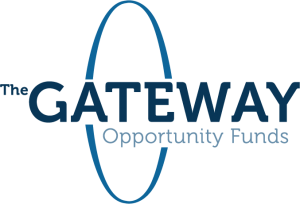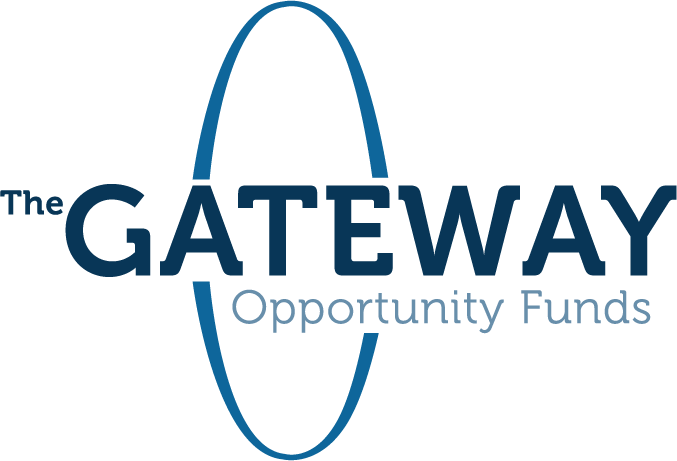Disclaimer
Gateway Opportunity Fund, LLC is organized and authorized under the laws of the State of Missouri Limited Liability Company Act, and is a qualified opportunity fund operating under current Federal Opportunity Zone Regulations as issued and updated by the IRS.
This is not an offer to sell nor a solicitation to buy securities of/in Gateway Opportunity Fund. Any investment in Gateway Opportunity Fund and only be through our current Private Placement Memorandum (“CPOM”). This offering has not been approved or disapproved or registered with the federal Securities and Exchange Commission or any state securities division. Investments in Gateway Opportunity Fund are available only to Accredited Investors as defined by the Securities and Exchange Commission. No Federal or state agency issued any notice as to the accuracy or adequacy of the CPOM or any other information contained herein. There may be limited liquidity in any opportunity fund investment.
No statements or documents contained herein are to be construed as Gateway Opportunity Fund providing legal, tax, investment or other professional advice. Please contact your own professional advisors to see how any investment in an opportunity fund may affect your individual situation.

 We welcome the opportunity to discuss our Fund with you, or better yet, call to schedule a site visit to see Lighthouse Landing in person. We would love to meet you!
We welcome the opportunity to discuss our Fund with you, or better yet, call to schedule a site visit to see Lighthouse Landing in person. We would love to meet you!